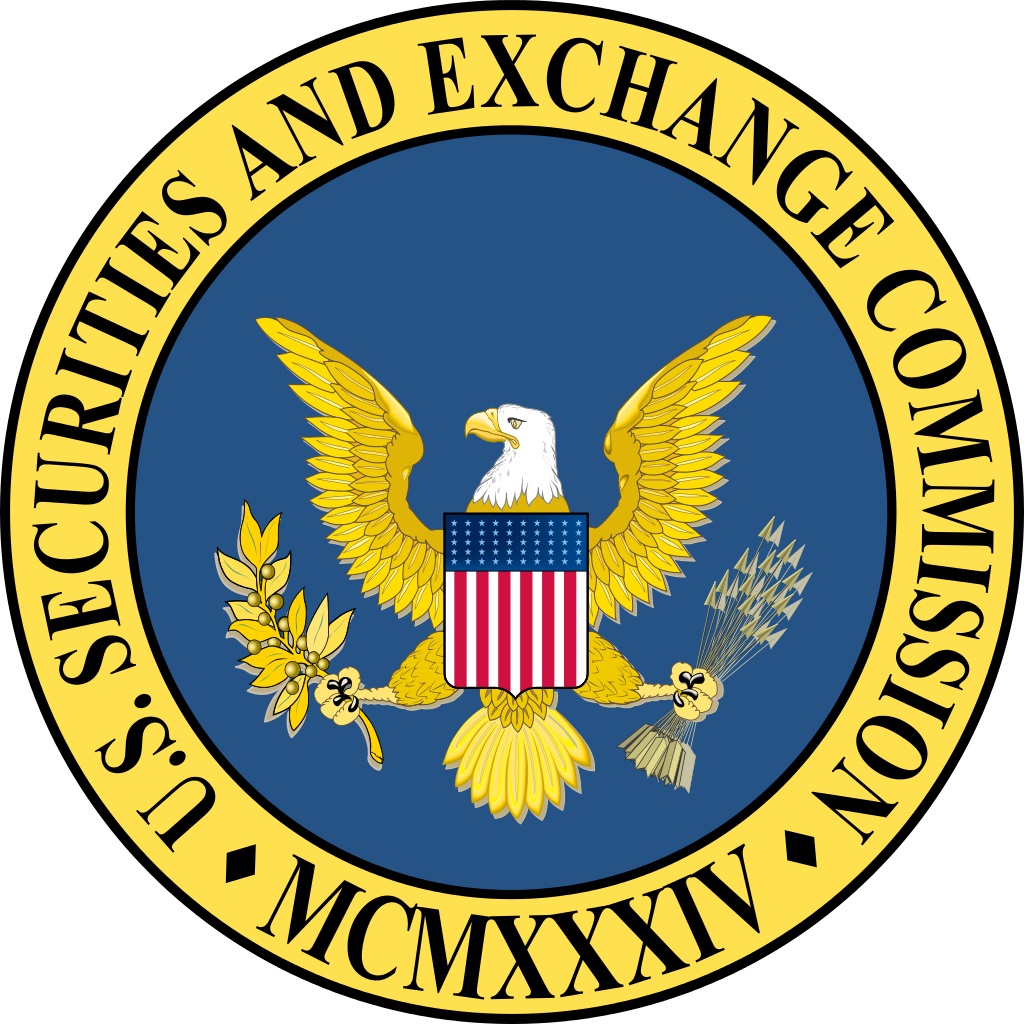

The U.S. Securities and Exchange Commission (SEC) on Wednesday said that 33 whistleblowers have received payments exceeding $100 million since the program’s inception. The SEC also reported that it has extracted more than $500 million in financial remedies from enforcement actions initiated by whistleblowers.
The largest award, $30 million was awarded in 2014, and the second-largest, $22 million, was awarded on Tuesday, August 30. By law the SEC cannot reveal information about the whistleblower awards that might reveal directly or indirectly the person’s identity.
The Wall Street Journal identified the $22 million recipient as a former financial executive at Monsanto Co. (NYSE: MON) who notified the SEC of alleged accounting violations related to the company’s Roundup weed killer. Monsanto agreed to pay an $80 settlement in February, but did not admit or deny the SEC’s charges.
The SEC told the WSJ that it has received more than 14,000 tips from all 50 U.S. states and 95 foreign countries.
The whistleblower payments were not enough to turn the head of Deutsche Bank AG (NYSE: DB) whistleblower who could have received $8 million but refused to accept the payment. In an op-ed in the Financial Times last week, Eric Ben-Artzi wrote:
I will not join the looting of the very people I was hired to protect. … We must protect shareholders from executive wrongdoing.”
Ben-Artzi objected to a $5 million settlement between Deutsche and the SEC to clear allegations that the bank hid paper losses of $1.5 billion during the financial crisis. He also objected to the SEC’s failure to prosecute any of the executives involved in the violations.
So, while the SEC can pat itself on the back, it ought, at the same time, look in the mirror and ask itself if it could do better. Not at passing out rewards, but passing out charges against individual executives who may have broken the law.
Essential Tips for Investing: Sponsored
A financial advisor can help you understand the advantages and disadvantages of investment properties. Finding a qualified financial advisor doesn’t have to be hard. SmartAsset’s free tool matches you with up to three financial advisors who serve your area, and you can interview your advisor matches at no cost to decide which one is right for you. If you’re ready to find an advisor who can help you achieve your financial goals, get started now.
Investing in real estate can diversify your portfolio. But expanding your horizons may add additional costs. If you’re an investor looking to minimize expenses, consider checking out online brokerages. They often offer low investment fees, helping you maximize your profit.
Thank you for reading! Have some feedback for us?
Contact the 24/7 Wall St. editorial team.



